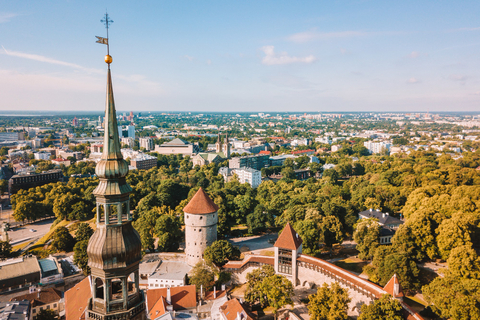Passer de
Allemagne a Estonie

Comment ca marche
Pourquoi nous choisir ?
L'experience est la cle du succes et c'est ce que nos prestataires de services ont en abondance
5000+
50+


500+
domicile
ameliorations
Trouver de l'aide rapidement et facilement !
Moovick est une plateforme tout-en-un qui fournit aux clients des prestataires de services professionnels a la demande pour les demenagements et les travaux de renovation en temps reel pour leurs besoins quotidiens.
Voiture
Fourgon
3.camions 5T
7.camions 5T (+)
Voiture (Taxi / Combo)
Parfait pour les petits cartons, les ramassages a l'aeroport et le transfert de bagages.
Fourgon (7-17 m3)
Ideal pour le demenagement d'un studio ou d'un appartement d'une chambre a coucher avec des meubles de base et des cartons.
3.camion 5T (20-24 m3)
Ideal pour les appartements de 1 a 2 chambres, les petites maisons, les demenagements et les marchandises commerciales.
7.camions 5T (+)
Ideal pour les appartements de 2 a 3 pieces et jusqu'a 10 palettes de taille standard

FAQ







